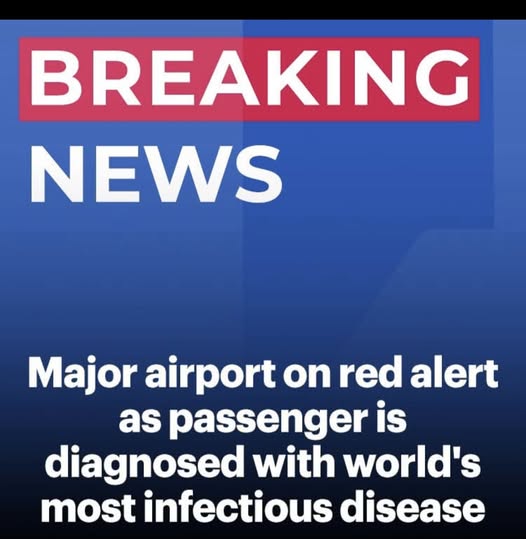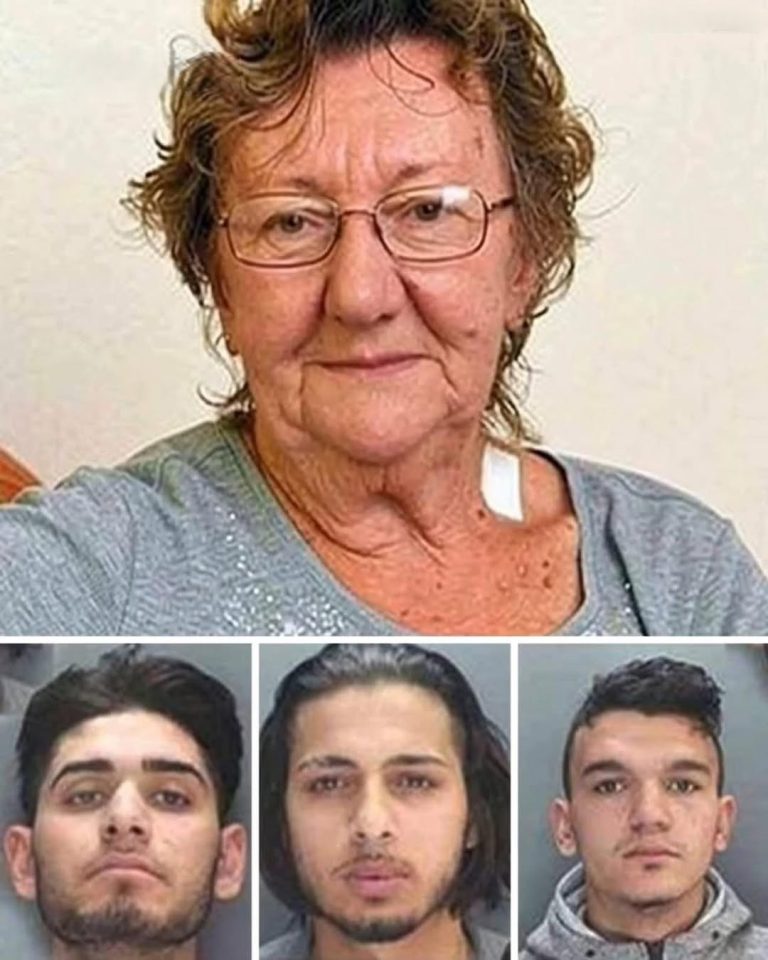The last thing Eric Clapton’s 4-year-old son said was “See you later, Daddy.”
The last words Eric Clapton’s 4-year-old son, Conor, said were simple: “See you later, Daddy.” Twenty minutes later, a janitor’s mistake would change music history forever.
March 20, 1991.
By then, Clapton had already survived what would have destroyed most men—heroin addiction, alcohol, the loss of friends like Jimi Hendrix, Duane Allman, and Stevie Ray Vaughan. But in 1987, he found something worth living for: sobriety. And in 1986, he’d been given the ultimate reason—his son, Conor.
Conor’s mother, Italian actress Lori Del Santo, lived in a high-rise on East 57th Street in Manhattan. Conor was four, full of life, and ready for a day at the Bronx Zoo with his dad. But that morning, as a janitor washed the windows, a simple misstep left a 53-story gap between safety and tragedy.
Conor ran through the apartment, unaware of the open window. Seconds later, he fell.
By the time Clapton arrived, his son was gone. The pain was unimaginable. The future erased in an instant. Every “I love you, Dad” he would never hear. Every birthday, every laugh, gone.
For weeks, Clapton couldn’t touch his guitar. Music—once his refuge—felt wrong. But grief demanded expression. Slowly, painfully, he picked up the instrument. Out of that unbearable loss, one of the most powerful songs of all time emerged: “Tears in Heaven.”
Co-written with Will Jennings, it captured the agony of a parent no one should ever know:
“Would you know my name if I saw you in heaven?
Would it be the same if I saw you in heaven?”
Released on the 1992 Unplugged album, it won three Grammys—but more than awards, it gave voice to millions carrying silent grief. Parents, strangers, anyone who had lost, found themselves in Clapton’s words.
Performing it became both a gift and a wound. Every stage, every audience, forced him to relive the day Conor died. By the 2000s, Clapton largely stopped performing it, saying, “I didn’t feel the loss anymore… I really don’t want it to come back.”
Conor’s story is a reminder: even the deepest pain can spark hope and change. If Clapton’s journey moved you, share it to honor resilience and the enduring power of love.

